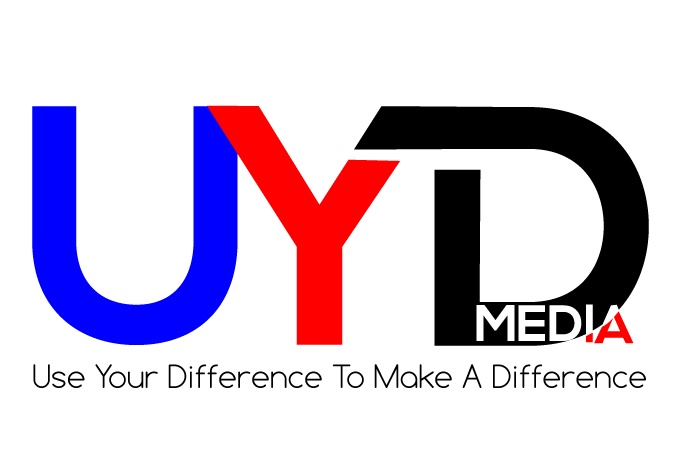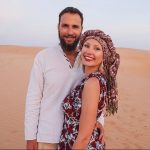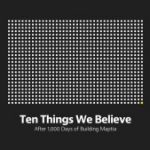“What are you?”
A long time ago, that question would have offended me. You’d probably be surprised by how common it is– I get it all the time at my second job waiting tables. I can tell you exactly how it made me feel: like an alien, a freak or a mad scientist experiment.
I hid behind sarcasm and disdain, disguising my frown with a hard-won poker face and responding with “guess.” Or, if I was feeling particularly saucy– which I usually am– “brown things.”
It’s just easier than explaining all the contradictions living inside my skin. The fact that I’m predominantly Dominican, Israeli and Moroccan– sprinkled with a little Greek, Brazilian, Haitian, Taíno and more (not to mention Jewish)– usually draws a reaction of “huh?” or “you’re kidding.”
My parents are both immigrants from very different parts of the world, leaving me with an unusual legacy and a face that’s generally attributed to being vaguely “ethnic.” A human incarnation of America’s melting pot, with the stamp of my heritage clear across my features, I came to resent my status as a poster child.
My particular multi-racial blend allowed me to assimilate into most places I traveled to easily–to the envy of some of my compatriots, who had more trouble blending in. Yet it was something I as a rebellious adolescent and young adult was arrogantly quick to denounce, proclaiming loudly and proudly that I was from the U.S.
To be honest, I’m pretty sure this made me seem more ignorant than deserving of any acknowledgement.
My path to becoming a Global Nomad started when I was 7, the first time I made the solo flight to Israel to visit my dad for the summer. I went on to spend many summers there, as well as travel across Europe, Asia, the Middle East and the Caribbean.
I learned to treasure my family’s humble hometowns in the Dominican Republic and the outskirts of Jerusalem just as much as any visit to the world-famous Great Wall or Louvre.
Growing up simultaneously overseas and in suburbia Connecticut, this “world traveler” persona soon went from wonderful to weird. I stood out in stark contrast to a sea of homogenized peers. The only one in my class that had to do a special assignment when given the task of “tracing my family’s roots in the U.S,” I was at first mortified.
When I pointed out that not all of us have roots here, I looked around and realized I was alone, for the first of many times. Standing up in front of everyone, trailing their intricate, fascinating reports with my lukewarm, tentative presentation, it became clear to me that I was being my own worst enemy.
I have witch doctors, survivors and refugees, trailblazers and soldiers and homemakers in my family tree– and yet somehow I was left feeling “less” than everyone else. Clearly, something had to give.
I have since learned to embrace my identity, with all it’s scars, baggage, rewards and legacies. My friends, those who dare endure the looks of disapproving PC Cruisers, call me “Mutty.” They know I’ll jump in to defend them against those who deem this offensive– the sheer number of whom I still find extraordinary.
To me, it’s not at all degrading. In fact, it’s the opposite. Words have power, this magic ability to shape and define a person, place or thing. When you see words and labels as your enemy, you tend to hide behind them instead of finding strength in them.
Thanks to traveling and learning from other cultures, opening myself to unexpected connections, new people, and being willing to look at my own flaws, I’ve become who I am today: dominated by duality, a product of multiple worlds and loving it. The nickname “Mutty,” silly or offensive as it may seem, is my way of reclaiming pride in my heritage, of owning my otherness.
But the path to self-acceptance and the ability to laugh at that which used to terrify me is not easily undertaken. There’s a healthy amount of doubt, confusion, anger, guilt, bias, jealousy…and pretty much the whole spectrum of human emotions that will walk with you.
Standing out from the crowd makes you irreversibly other, alone. You can take that and harness it as a symbol of your power. Or you can let it define you and swallow you up until the line between love and hate becomes far too blurry.
Now, when somebody asks “What are you?” I grin and reply, “Human.”




